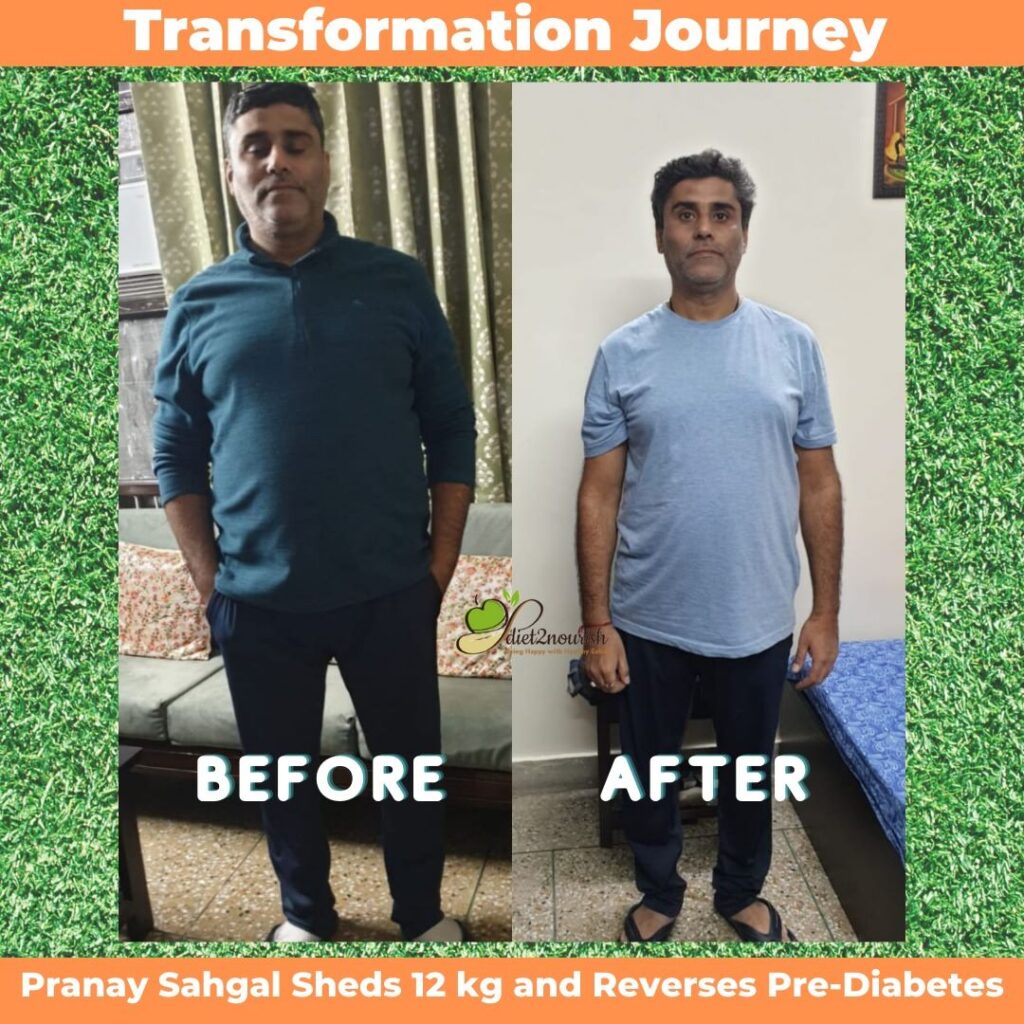Diet for Dysentery
Dysentery is an intestinal infection because of bad hygiene or sanitation.
Symptoms on which you need to focus:
• Diarrhea, which may include blood
• Feeling the need to pass stool even when the bowels are empty
• Abdominal ache
• Fever
• Nausea
• Vomiting
In case you had these signs of dysentery. So you need to follow some precautions along with b for recovery.
Reasons behind the dysentery problem:
This can be through:
• Contaminated meals
• Polluted water
• No hand washing
• Swimming in contaminated water
• Physical touch
What is dysentery after eating?
Dysentery after eating is called postprandial diarrhea. The condition may be severe or persistent.
This can result from many things, ranging from lactose intolerance and food poisoning to extra severe worries like inflammatory bowel ailment (IBD) or colon cancers.
Causes behind dysentery after eating:
Acute diarrhea is a common issue that can sometimes happen after eating. It normally gets better on its very own after one or 2 days.
Reasons for acute diarrhea after eating consist of:
• Food poisoning
• Viral gastroenteritis
• certain medicinal drugs, inclusive of antacids, antibiotics, and chemotherapy
How to Get rid of dysentery after eating?
Right here are a few tips to do when you have diarrhea after eating. Those suggestions can help ease the symptoms or even save you from going on.
Stay Hydrated
Your body won’t absorb fluids and minerals when you have diarrhea because of how fast stool is passing through your system. Make sure to drink extra water, fruit juice, rice water, or broth to update the lost fluids.
You may also try to consume ginger tea along with your diet for dysentery. If you have diarrhea to soothe your stomach pain.
Consume Bland Foods
The BRAT diet, which stands for bananas, rice, applesauce, and toast is regularly encouraged to relieve diarrhea signs and symptoms. These ingredients are low in fiber and easy to digest. They’re also starchy and help to bind unfastened stools.
Keep away from foods that could worsen diarrhea, like dairy products, fatty ingredients, and foods that give you gas.
Take Probiotics
Eating probiotics may help relieve diarrhea symptoms using restoring the stability of microorganisms in your intestine. You may get probiotics by taking probiotic complement foods in your diet for dysentery.
Use rest physical activities
There’s a close connection between your brain and your intestine, so stress can be a cause of dysentery.
Deep-respiration sporting activities and the relaxing of muscle tissue throughout the body can be powerful in calming your body.
Foods to eat if you have diarrhea:
When you have diarrhea, dysentery treatment food can be essential for quick recovery.
The BRAT food plan consists of:
• Bananas
• White rice
• Applesauce
• Toast from white bread
Those ingredients are bland and occasionally in fiber so that they don’t irritate the digestive machine. They’re also binding so that they assist the company up stool.
You can eat additional meals in your diet plan. Those can encompass:
• cooked cereal, like oatmeal, Cream of Wheat, or Farina
• soda crackers
• apple juice
• baked or boiled potatoes
Dysentery food to avoid for the recovery:
Meals to keep away from diarrhea include:
• milk and dairy product
• fried, fatty, greasy foods
• highly spiced foods
• processed foods
• beef and veal
• sardines
• uncooked greens
• onions
• Different results, like pineapples, cherries, seeded berries, figs, currants, and grapes
• Alcohol
• Espresso, soda, and other caffeinated drinks
• Synthetic sweeteners
When to see your medical doctor Or Dietician ?
Diarrhea takes place once in a while. It’s not frequently a severe challenge. But, critical complications are viable, so test along with your physician if you revel in any of these additional symptoms:
Frequency: If diarrhea occurs several times every week for more than 3 weeks, or if you have diarrhea for three days, make an appointment with your medical doctor.
Fever: if you have a fever over 102°F (38.8°C), go to the doctor.
Pain: If the diarrhea is commonplace however you begin experiencing high stomach ache.
Dehydration: You must stay well hydrated if you have diarrhea. Ingesting water or beverages with electrolytes. But, in case you begin showing signs of dehydration, seek a doctor’s advice.
Signs of dehydration include:
- Severe thirst
- Muscle cramps
- Darkish-colored urine
- Discolored stool: If you begin having black, gray, or bloody stools, consult your doctor.
Conclusion:
Dysentery or Diarrhea will frequently get better on its own after some days. But, it could also be a persistent, ongoing trouble.
Diarrhea is frequently caused by a transient illness just like stomach flue or food poisoning. It has symptoms of persistent contamination like lactose intolerance, IBS, or celiac disorder.
If you are suddenly having diarrhea after you eat. Drink lots of water to stay hydrated, consume small food, and be on the lookout for signs and symptoms like dehydration or blood in your stools, which require medical consultation.
Frequently Asked Questions (FAQ):
Yes, as it is an effective way to treat diarrhea. Due to its probiotic and natural soothing effect on gut.
Washing your hands with soaps before eating, after toilet. Avoid sharing towel, drink clean or hygiene water. Basically need to maintain proper hygiene around yourself.







